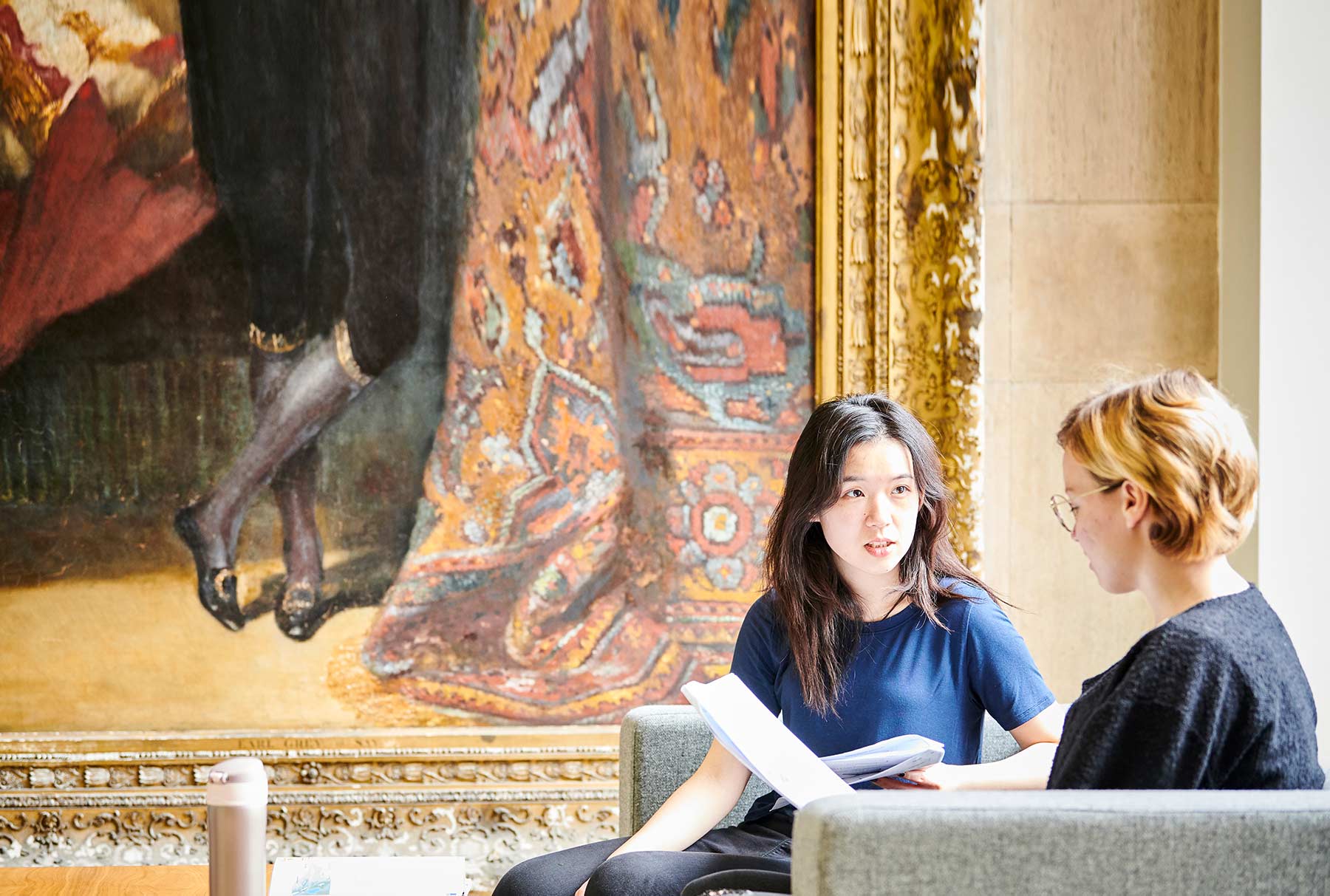Juliana Beykirch
Doctoral Student in Literature - Juliana’s thesis is entitled ‘Performing ‘Monstrosity’ on the British Stage, 1630-1740’
Research project title
Performing ‘Monstrosity’ on the British Stage, 1630-1740
Supervisors
Dr James Harriman-Smith, Prof Kate Chedgzoy + Prof Clark Lawlor (Northumbria)
Contact details
Email: J.Beykirch2@newcastle.ac.uk
Research interests
- Seventeenth- and Eighteenth-Century British Drama
- Dramatic Representations of 'Monstrosity'
- Intersections of 'Monstrosity', Disability, Race and Gender
- Generic Change
- Female Playwrights of the Restoration and the Early Eighteenth Century

A brief outline of my research project
Tracing performances of ‘monstrosity’ in diverse dramatic forms, my project explores stage ‘monsters’ and the extraordinarily embodied performers portraying them. By demonstrating that stage ‘monsters’ frequently transcend their status as signs to be read by talking back, I ask whether performing ‘monstrosity’ enabled extraordinarily embodied performers to exercise agency.
My project examines the performance careers of Jeffrey Hudson (1619-1682), Charles I’s ‘court dwarf’ and an experienced performer in Stuart court masques, and Daniel Cajanus (1702/3-1749), an extraordinarily tall Finn who earned his living by showing his body to paying spectators all over Europe and thereby attained celebrity status. I also examine the influence of late seventeenth-century ‘monster culture’ and modes of performance associated with it and considered ‘monstrous’ by contemporary critics on Aphra Behn’s The Second Part of The Rover (1681).
My project proposes a novel theoretical framework describing the theatrical processes through which creators and performers imbued stage ‘monsters’ with meaning and explores ways in which audiences experienced, interacted with and related to staged portrayals of ‘monstrosity’.
Research activities
In 2017, I was awarded an Erasmus scholarship that enabled me to study at Newcastle University as an exchange student. I achieved a Distinction in my Research Masters (MLitt) at Newcastle, which was funded by the School of English's Postgraduate Scholarship Award. My research projects, which examined the works of female dramatists of the Restoration and early eighteenth century, included:
- Aphra Behn’s The False Count and Anti-She-Tragedy
- The Monstrous Woman in Aphra Behn’s The Second Part of The Rover (1681)
- “[D]oubly press'd, by Love and Friendship”: Male Homosociality and the Early Modern Female Playwright
My MLitt dissertation was the runner-up for the Gender Research Group Master Dissertation Prize. My PhD project is funded by an Arts and Humanities Research Council Northern Bridge Studentship.
I co-organised the second Northern Early Modern Network Conference in January 2021. I’m currently on the organising committee for the Revels Office, a virtual network for early modern PhD students and ECRs. In 2023, I co-founded the Monsters and Posthuman Group.
Selected Conferences
- November 2020 – Northern Early Modern Network Graduate Conference: “‘This Noble frame of mine’: Aphra Behn’s Woman Giant in The Second Part of The Rover (1681)”
- July 2022 – Early Modern Words Conference: “Rethinking Monster Theory: Aphra Behn’s Reading ‘Monsters’ in The Second Part of The Rover (1681)”
- July 2023 – Society for Renaissance Studies 10th Biennial Conference: “Jeffrey Hudson, Extraordinary Embodiment, and the Masque”
